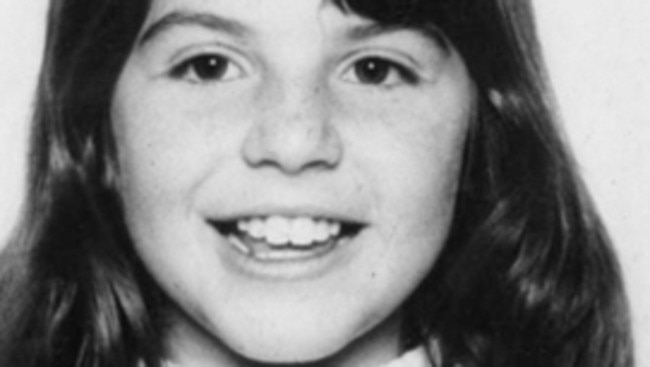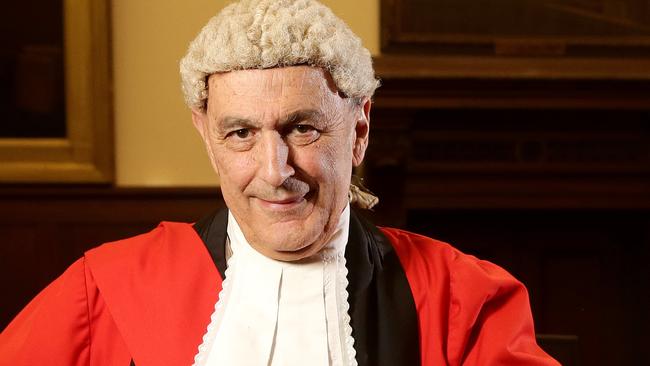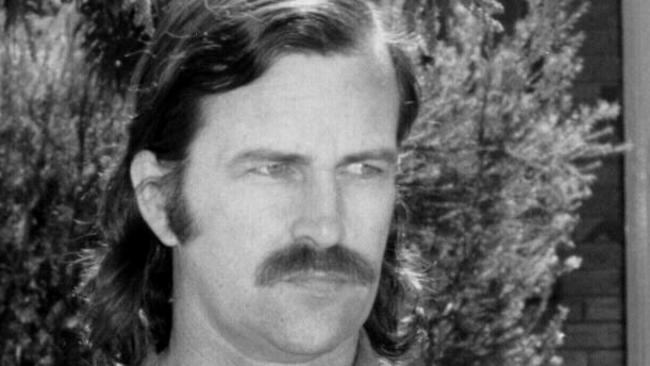Colin James: Guilty verdict against Dieter Pfennig cause for celebration in the performance of our justice system
THE guilty verdict against Dieter Pfennig for the murder of Louise Bell is cause for celebration in the performance of our justice system, writes Colin James.

SA News
Don't miss out on the headlines from SA News. Followed categories will be added to My News.
THE Louise Bell guilty verdict is testament to the hundreds, if not thousands, of hours homicide detectives, forensic scientists, prosecutors and a retired judge devoted to the unsolved murder case.
It is vindication of the decision to arrest convicted child killer Dieter Pfennig in his Port Lincoln Prison cell and charge him with abducting 10-year-old Louise from her Hackham West bedroom and killing her in January, 1983.
To the uninformed observer, the case was built on circumstantial evidence, dubious testimony from prison snitches, legally untested forensic evidence and patchy recollections from witnesses trying to recall events from 30 years ago.
There were many people familiar with the case, within and outside of the legal system, who, for these reasons, were expecting a not guilty verdict based on the necessity to find beyond reasonable doubt that Pfennig was responsible for Louise’s death.
But the vastly experienced Michael David saw through all of this, using his years of investigating and prosecuting war criminals before overseeing numerous complex criminal trials as a Supreme Court judge to probe and question.

In fact, in his judgment, Justice David left no doubt he was convinced Pfennig had abducted and killed Louse, saying: “I do not know how he actually killed the deceased, where he killed her, or
where he put her body. These questions may never be answered, but they do not
impinge upon the certainty of my verdict.”
To reach his decision he was guided by equally experienced prosecutor Sandi McDonald, SC, who has been responsible for convicting numerous serious criminals during her time with the Office of the Director of Public Prosecutions.
One of her most notable cases was that of an accused sexual predator whose lawyer claimed AIDS did not exist.
Ms McDonald brought some of the world’s top experts to Adelaide, either in person or by video link to prove him wrong.
Then there were the Major Crime detectives assigned to the case, who spent months and months tracking down witnesses, taking new statements, obtaining fresh evidence, seeking expert opinions, doing their own probing and questioning.
They got the State Forensic Science Centre to send a pyjama top preserved for over three decades to Holland for breakthrough new DNA testing, using a positive result linking Pfennig to help persuade the DPP to lay charges, enabling his arrest.

Pfennig’s legal team, as it is required to do, used every tactic and resource they could muster to defend him as the case progressed from committal to trial before Justice David, brought out of retirement to handle one last trial.
There were interminable delays, legal challenges to due process, the dumping of one team of defence lawyers for another, demands for more legal aid funding and requests for lengthy adjournments.
Throughout it all Justice David maintained his composure, as did Ms McDonald, knowing the wheels of justice, while turning slowly, were steadily moving the case towards a conclusion.
That the conclusion has been a guilty verdict against Pfennig is cause for celebration in the performance of our justice system. Everyone involved deserves to be congratulated and thanked by the broader community.
It may be overwhelmed, under-resourced and stretched to the limit, but individuals like Justice David and his peers, Ms McDonald and her colleagues, every South Australian police officer, victim support counsellors and forensic scientists work tirelessly each and every day to deliver justice to those who are wronged.
Pfennig, 68, will now return to his prison cell, where he will probably remain until the expiration of his life.
Justice David has given him the opportunity to finally reveal the location of Louise Bell’s body and that of a schoolboy he killed at Murray Bridge, Michael Black, in return for a discounted sentence.
For the sake of the families of these two innocent souls taken so soon and so callously, it is time he showed some modicum of decency and humanity and gave their families some closure.
Colin James is the Opinion Editor of The Advertiser


